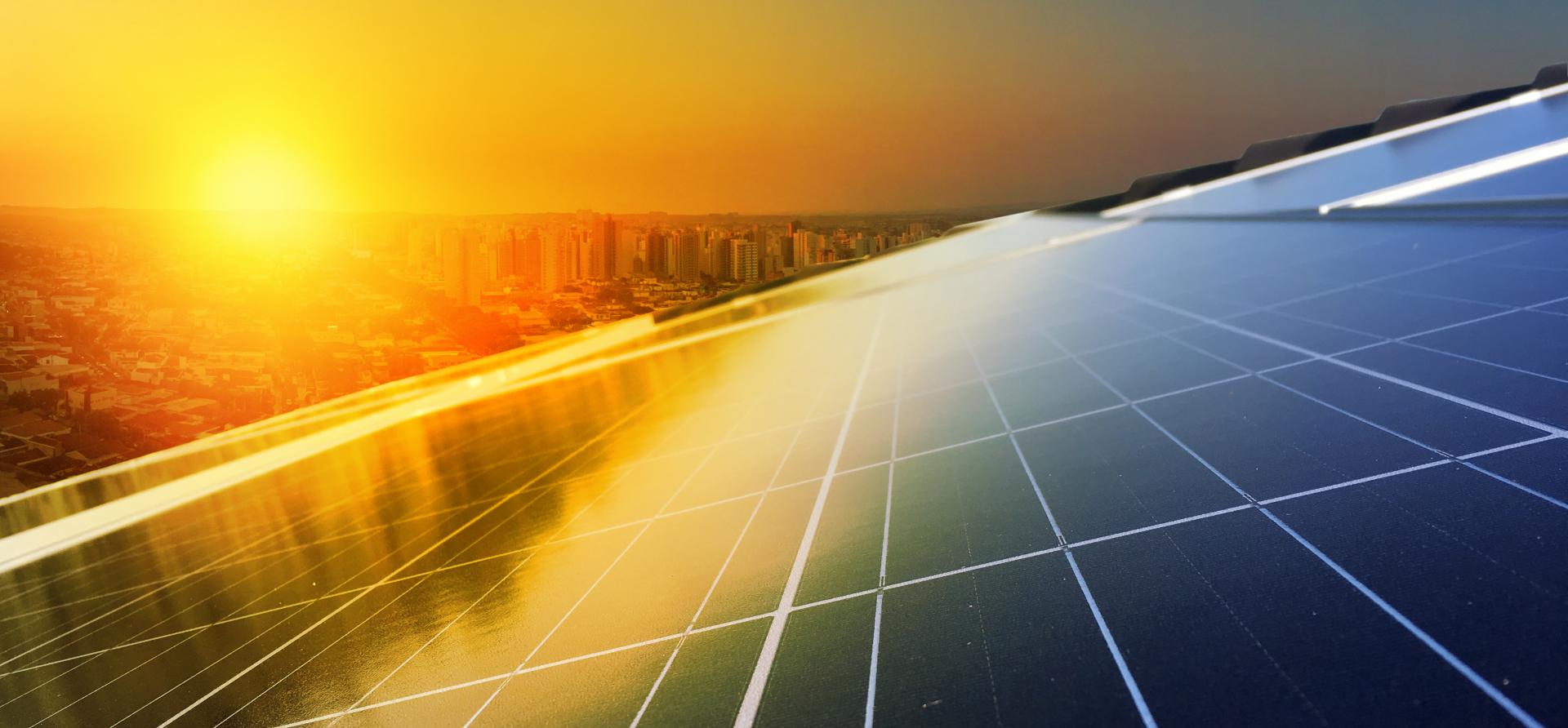Submission: Productivity Commission inquiry – "Investing in cheaper, cleaner energy and the net zero transformation" - interim report
Download Full Version

15 September 2025
To: Productivity Commission
Re: Inquiry into Investing in cheaper, cleaner energy and the net zero transformation – interim report
Thank you for the opportunity for the Institute for Energy Economics and Financial Analysis (IEEFA) to provide input to the inquiry into Investing in cheaper, cleaner energy and the net zero transformation – interim report.
IEEFA is an independent energy finance think tank that examines issues related to energy markets, trends and policies. The Institute’s mission is to accelerate the transition to a diverse, sustainable and profitable energy economy.
IEEFA thanks the Productivity Commission for the significant work in developing the interim report. The report rightly identifies three major gaps in Australia’s current emissions reduction policies: electricity sector policies post-2030; industrial facilities that are exempt from the Safeguard Mechanism; and heavy vehicles. However, IEEFA considers that the Productivity Commission’s interim report has overlooked some important levers that could help achieve net zero at least cost, including:
- Comprehensively improving energy efficiency and flexibility.
- Reviewing inefficient electricity network revenue regulation and pricing.
- Reducing fugitive methane emissions from coal and gas extraction.
- Scrutinising the net economic cost-benefit of new coal and gas projects.
We provide more information on those opportunities at the end of this submission
IEEFA also has specific comments on a few of the recommendations:
- Assessing emissions reduction policies using independently developed carbon values appears to be a positive step. However, IEEFA believes an economy-wide emissions price would be the most efficient way to deliver emissions reductions. The current challenge in aligning energy market outcomes with an emissions objective is that emissions are an unpriced externality. Placing a direct price on emissions is one of the most efficient ways to overcome this challenge.
- Regarding the recommendation to eliminate the exemption of electric vehicle (EVs) from Fringe Benefits Tax (FBT), and to eliminate stamp duty and registration discounts for EV owners, IEEFA considers that these financial incentives for EVs are not necessarily duplicative with the New Vehicle Efficiency Standard (NVES). The NVES sets standards on manufacturers but does not financially support owners to buy EVs. The policies appear to be additive rather than duplicative as they perform different functions. While the EV market is still developing, it may be premature to eliminate financial incentives for EVs. Further analysis in this area may be of benefit.
- A nationally consistent climate resilience rating system for housing, as recommended by the Productivity Commission, would be a positive step forward. The ratings should be disclosed at point of sale and lease, alongside energy performance ratings.
- IEEFA considers that there is a case for comprehensive national incentive schemes to support the full suite of household energy upgrades (including not just solar and batteries, but also efficient electric appliances), and that there could be a role for specific state government incentive schemes in cases where they deliver additional benefits. We explored this in our recent report on household energy upgrades.
Kind regards,
Johanna Bowyer, Lead Analyst, Australian Electricity
Amandine Denis-Ryan, CEO, IEEFA Australia
Andrew Gorringe, Energy Finance Analyst, Australian Coal Sector

















